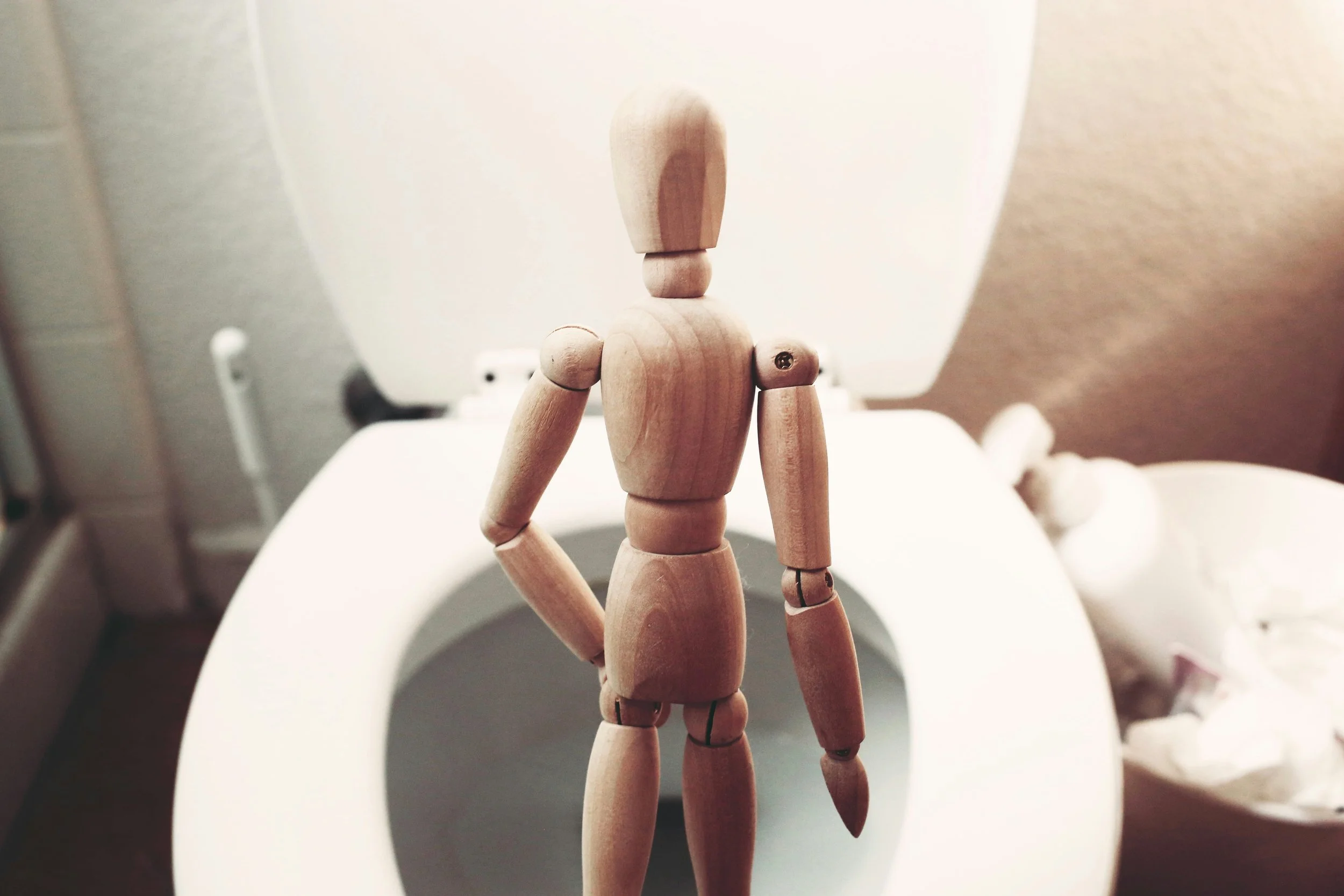Sewer Backup 101: What Causes It and How to Prevent It
No homeowner wants to deal with a sewer backup.
It’s messy, stressful, and can quickly turn your day upside down. But understanding the causes of sewer backups and how to prevent them can save you from a whole lot of trouble—and unpleasant odors. At Ultrawest Restoration, we’ve seen it all, from minor backups to full-blown disasters, so let’s break it down for you in a simple, relatable way.
Here’s everything you need to know about sewer backups, what causes them, and how you can keep your home safe and stink-free.
What Causes Sewer Backups?
A sewer backup happens when wastewater can’t flow properly through your home’s plumbing and sewer system, causing it to reverse and flow back into your home. Yikes, right? Here are the main culprits behind sewer backups:
Clogs
Think of your plumbing as a highway. If there’s a traffic jam, nothing gets through. Clogs are one of the most common causes of sewer backups, often caused by flushing non-biodegradable items like wet wipes, feminine hygiene products, or even too much toilet paper. Grease and food scraps can also build up in kitchen drains, creating a nasty blockage.
Tree Roots
Tree roots are like nature’s plumbing detectives—they love to seek out water and can invade your sewer lines through small cracks or joints. Once inside, they can grow and block the flow of wastewater, causing backups.
Heavy Rain or Flooding
During storms or heavy rain, municipal sewer systems can become overwhelmed, especially if they’re combined with stormwater drainage. When these systems reach capacity, water (and unfortunately, sewage) can back up into your home’s sewer line.
Aging Sewer Lines
Older homes are charming, but their sewer systems? Not so much. Over time, sewer lines can deteriorate, crack, or collapse, leading to backups. If your home is 30 years or older, it might be time to check on those pipes.
Municipal Sewer Issues
Sometimes, the problem isn’t on your property. Blockages or malfunctions in the municipal sewer system can lead to backups in nearby homes. While you can’t control this, you can take steps to protect your home (more on that below).
How to Prevent Sewer Backups
Now that you know the culprits, let’s talk prevention. The good news is, with a little effort and maintenance, many sewer backups can be avoided.
Mind What You Flush
This one’s simple: Only flush toilet paper and human waste. Wet wipes (even the “flushable” kind), paper towels, and feminine products belong in the trash, not your pipes.
Dispose of Grease Properly
Pouring grease down the drain is like inviting a clog to move in. Instead, let it cool, pour it into a container, and toss it in the trash.
Schedule Regular Inspections
If you live in an older home or an area with lots of trees, have your sewer lines inspected regularly. Professionals can check for blockages, cracks, or root intrusions before they become a problem.
Install a Backwater Valve
A backwater valve is a one-way gate that prevents sewage from flowing back into your home during heavy rain or municipal backups. It’s a small investment that can save you from a big mess.
Maintain Your Yard Wisely
Be mindful of where you plant trees and shrubs. Keep them away from sewer lines to reduce the risk of roots invading your pipes.
Act Fast with Warning Signs
If you notice slow drains, gurgling sounds, or foul odors, don’t wait! These are often the first signs of a sewer backup. Call a professional to investigate before it becomes a bigger issue.
What to Do if You Have a Sewer Backup
If the worst happens and you’re dealing with a sewer backup, don’t panic. The first step is to call in the professionals — like the team at Ultrawest Restoration. We specialize in fast, thorough sewer backup cleanup and home restoration, so you don’t have to handle it alone. Remember, sewage contains harmful bacteria and contaminants, so this isn’t a DIY job.
Keep Things Flowing Smoothly
Sewer backups might not be the most glamorous topic, but understanding what causes them and how to prevent them can save you a lot of hassle (and unpleasant smells). With regular maintenance and a few smart choices, you can keep your home’s plumbing flowing smoothly. And if a backup ever does happen, Ultrawest Restoration is just a phone call away to help you clean up and get your home back to normal.
Here’s to keeping your pipes clear, your home clean, and your life free of sewer-related stress!



